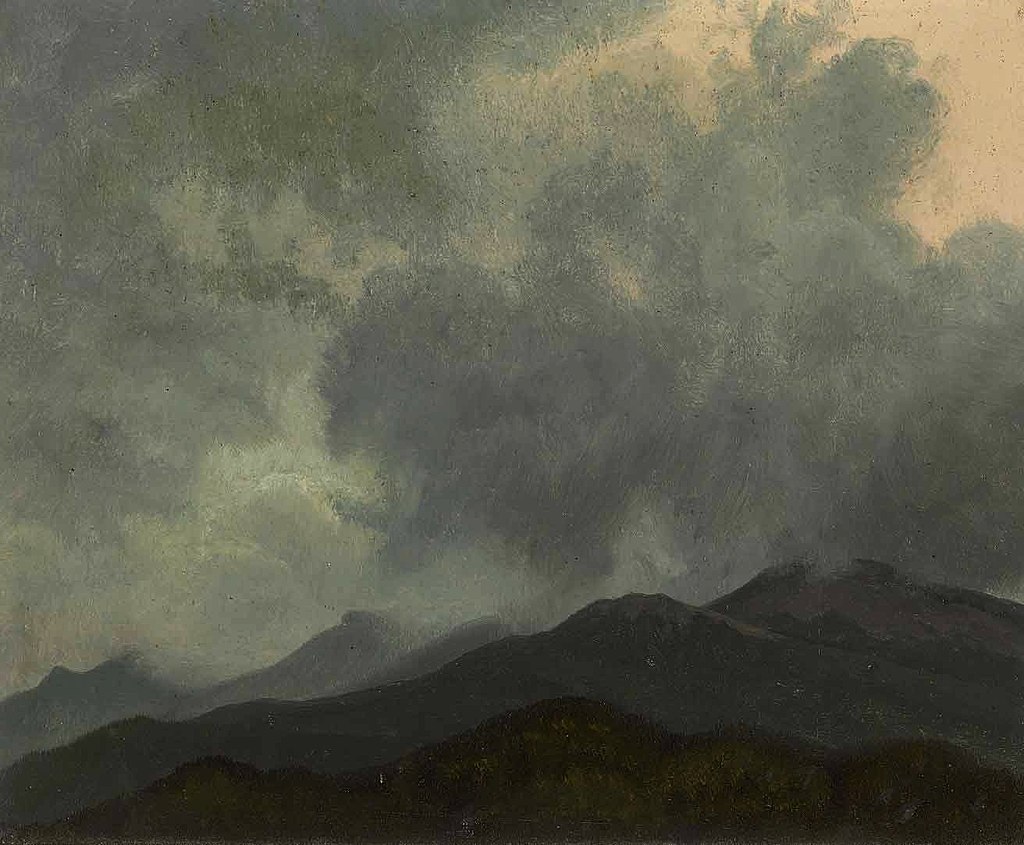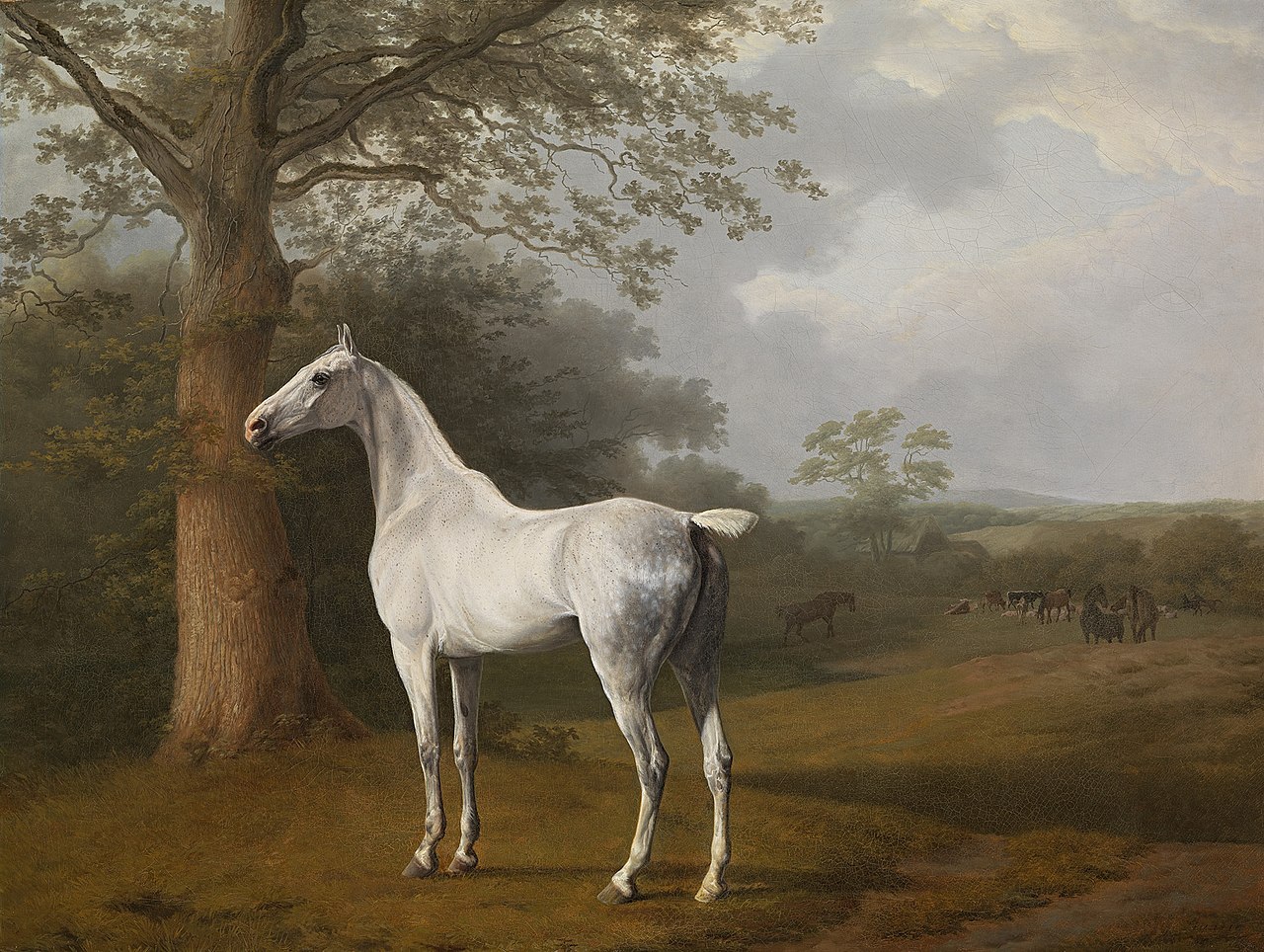Dread
by Mary Soon Lee
Memnor, King of Ritany,
gray-haired and great-hearted,
surveyed the meal,
such as it was.
Dried meat and beet soup.
"My apologies."
"This is fine, this is good."
His guest, King Xau,
sitting on a rug on the floor of the tent--
not even a cushion to offer him--
took a strip of dried leathery meat.
"It's wretched," said Havnar,
commander of Memnor's army.
"There'll be a feast in your honor
once we're back at the palace."
"That is not to be needed.
This is all we want."
Xau's Ritanese awkward.
"
This is what you want?"
Havnar brandished the leathery meat.
"This. The food is fine.
The food is not to be important.
This. The three of us, eating together."
Havnar dipped his head to Xau,
then looked at Memnor. "You were right,
he's not like his father."
Xau stilled,
a slight hardening
to the lines of his face
that Memnor might have missed
except that the captain of Xau's guards--
a lean, black-uniformed figure
on the far side of the tent--
alerted, the captain's attention
centering on Xau.
Memnor handed Xau a cup of water.
"I knew your father quite well.
Havnar did too."
Xau nodded. "You fought,
and then to become allies,
and then fought together."
"Fought together,
and hunted together,
and drank together,
and, at times, made fools
of ourselves together.
Hao was a charismatic man,
a strong king, a superb warrior,
yet he would not have done what you did,
would not have risked himself
on behalf of people he'd never met,
people with no influence,
not even from his own country."
Memnor stopped.
Still that hardness
to the young king's face.
Havnar shrugged, filled the silence.
"Your father would have loved
a feast given in his honor.
He liked attention,
liked his own importance,
spoke so men might hear him.
You say less, but it means more."
"And Havnar should know," said Memnor.
"That's probably the longest speech
I've ever heard from him."
Havnar shrugged.
"You speak enough for both of us."
Xau grinned.
Relaxed, he looked like any young man,
ready to get drunk or get laid.
A moment only,
then Xau was himself again,
his kingdom on his shoulders.
Memnor knew.
Memnor had been twenty-four,
Xau's age now,
when he came to the throne,
a burden eased both by his wife,
who had never once asked
for more than he could give,
and by Havnar,
who'd given more
than Memnor had asked.
"One more speech tonight,"
said Memnor. "Not the one my advisors
will draft in your praise.
Rather a speech they would
counsel against,
but it has weighed on me,
and I will say it."
Would say it not in gratitude,
though that cause enough--
Xau having pushed himself
almost to his death
saving Memnor's people--
but because a dread oppressed Memnor,
a dread that darkness stirred anew,
that Xau, who had defeated a demon,
would yet face a malevolence
greater even that that.
So Memnor stood,
took the three steps over to Xau,
knelt.
"I, Memnor, King of Ritany,
son of Mithron, son of Marnas,
do swear to you, Xau,
without impediment or restriction,
my aid whenever and however
you request it:
my sword, my strength,
my army at your command."
Memnor touched his hand to his heart,
offered it palm-up to Xau,
a gesture of allegiance older
than either of their kingdoms.
A weight in Xau's eyes
as the young king set his hand
on Memnor's forehead.
"We, Xau, to accept your oath,
knowing there may come the day
when we have need of it."
The rest of the night uneventful.
They chewed on the leathery meat,
chatted of this and that.
Later, when the time came,
Memnor kept his oath.
* * *
Mary Soon Lee was born and raised in London, but now lives in Pittsburgh.
Crowned, the first book in her epic fantasy in verse, was published by Dark Renaissance Books in June 2015. "Dread" is part of the same epic, but takes place later in the story. Several poems from the tale may be read at
www.thesignofthedragon.com.
What do you think is the attraction of the fantasy genre?
As a reader, I like many different types of book, but the ones that have become part of me are mostly fantasy, from Ursula K. Le Guin's Earthsea archipelago, to J.R.R. Tolkien's Middle-Earth, to Richard Adams's Watership Down. Their worlds are as important to me as real places.
As a writer, fantasy offers the freedom to tell exactly the story that you want, without constraint. I have never been as absorbed by anything I've written as I have been these past two years, working on Xau's story.







.jpg)



